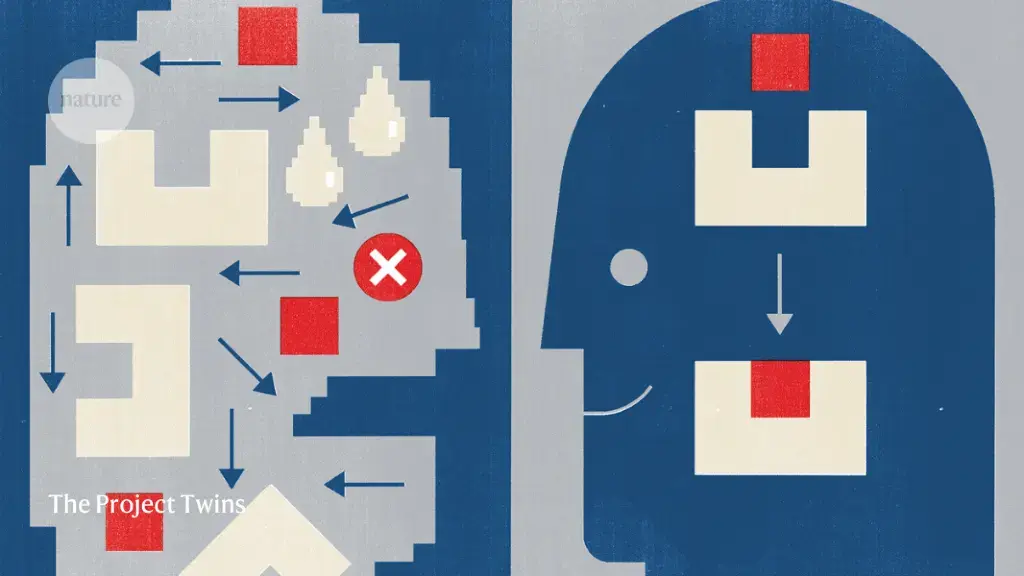Title:
ChatGPT broke the Turing test
Content:
Other researchers agree that GPT-4 and other LLMs would probably now pass the popular conception of the Turing test. […]
researchers […] reported that more than 1.5 million people had played their online game based on the Turing test. Players were assigned to chat for two minutes, either to another player or to an LLM-powered bot that the researchers had prompted to behave like a person. The players correctly identified bots just 60% of the time
Complete contradiction. Trash Nature, it’s become only an extremely expensive gossip science magazine.
PS: The Turing test involves comparing a bot with a human (not knowing which is which). So if more and more bots pass the test, this can be the result either of an increase in the bots’ Artificial Intelligence, or of an increase in humans’ Natural Stupidity.
Also, the Turing Test isn’t some holy grail of AI. It’s just a thought experiment, and not even the highest test for an AI that we can think of. Passing it is impressive don’t get me wrong, but unlike what clickbait articles would tell you, it does not automatically mean an AI is sentient or is smarter than humans or anything like that. It means it passed the thought experiment, nothing more.
Also also, ChatGPT was not the first AI to pass the Turing Test. Actually, plenty have, even over a decade before.
Funny I don’t see much talk in this thread about Francois Chollet’s abstraction and reasoning corpus, which is emphasised in the article. It’s a really neat take on how to understand the ability of thought.
A couple things that stick out to me about gpt4 and the like are the lack of understanding in the realms that require multimodal interpretations, the inability to break down word and letter relationships due to tokenization, lack of true emotional ability, and similarity to the “leap before you look” aspect of our own subconscious ability to pull words out of our own ass. Imagine if you could only say the first thing that comes to mind without ever thinking or correcting before letting the words out.
I’m curious about what things will look like after solving those first couple problems, but there’s even more to figure out after that.
Going by recent work I enjoy from Earl K. Miller, we seem to have oscillatory cycles of thought which are directed by wavelengths in a higher dimensional representational space. This might explain how we predict and react, as well as hold a thought to bridge certain concepts together.
I wonder if this aspect could be properly reconstructed in a model, or from functions built around concepts like the “tree of thought” paper.
It’s really interesting comparing organic and artificial methods and abilities to process or create information.
Honestly, though, I even can’t decide whether other people have consciousness. Cogito ergo sum, if you know what I’m talking about.
Ironically chatGPT also fails the Turing test by being so competent that no human could match that.
What about the Voight-Kampff test? What would it do if it sees a turtle in the dessert?
Don’t you need an eye scanner for that one? Lol.
Loop in midjourney to render a real-time face.
That’s why we now get a new fancy cryptocurrency
How does ChatGPT do with the Winograd schema? That’s a lot harder to fake: https://en.m.wikipedia.org/wiki/Winograd_schema_challenge
I dont remember the numbers but iirc it was covered by one of the validation datasets and GPT 4 did quite well on it
Yeah, but did it do well on the specific examples from the Winograd paper? Because ChatGPT probably just learned those since they are well known and oft repeatef. Or does it do well on brand new sentences made according to the Winograd scheme?






